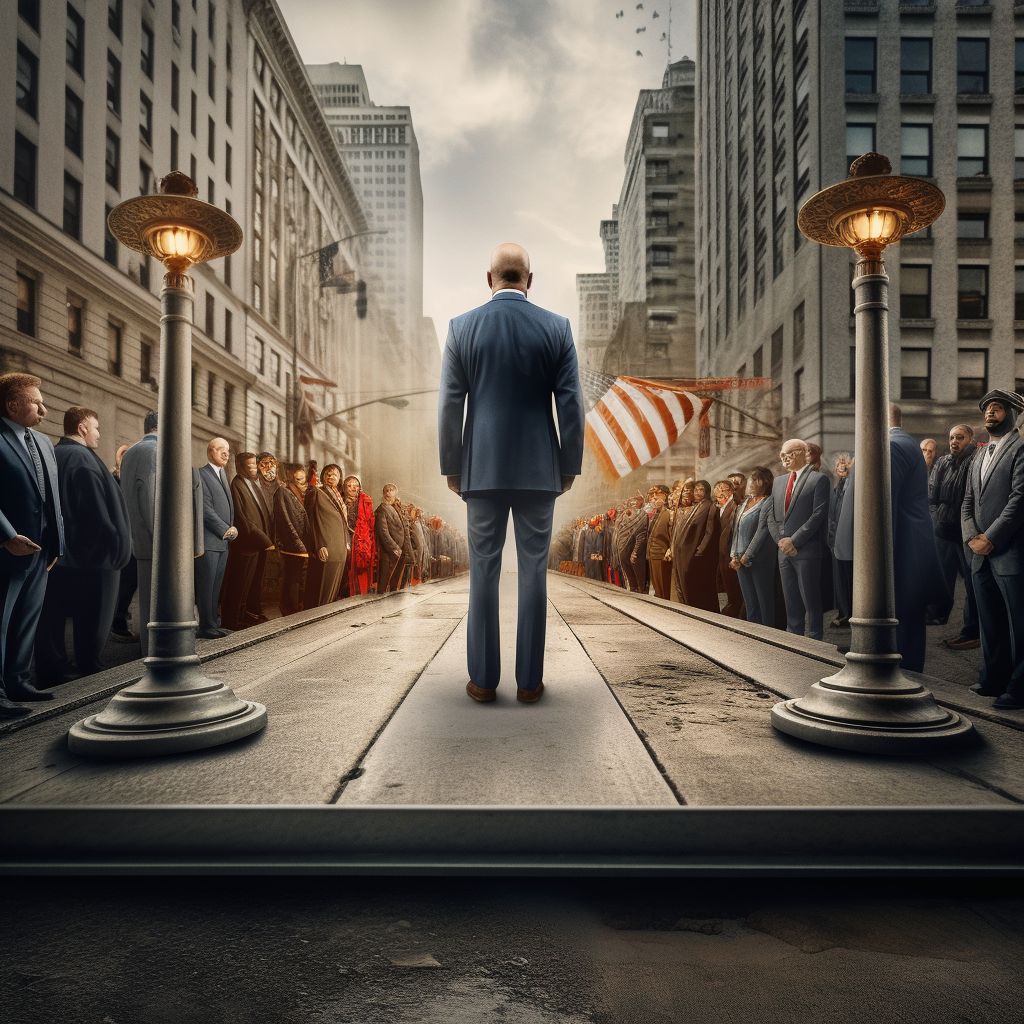February 28, 2024
How a New York Times copyright lawsuit against OpenAI could potentially transform how AI and copyright work
Book a Demo
Introduction to the Dispute
OpenAI, a leader in the AI industry, is currently engaged in a copyright lawsuit with the New York Times. This case has brought attention to the critical issue of copyright infringement in the era of digital transformation, where AI’s role in content creation is under scrutiny.
The Lawsuits
The New York Times lawsuit against OpenAI underscores the seriousness with which the AI community must regard copyright claims. This legal battle could set a precedent for future New York Times copyright lawsuits, emphasizing the need for clarity and fairness in the application of copyright law.
OpenAI’s Dismissal Motion
OpenAI has filed a motion to dismiss the New York Times lawsuit, contending that their AI systems and AI models were developed using publicly available internet materials and training data. This move challenges the boundaries of copyright infringement allegations and affirms OpenAI’s commitment to fair use practices.
The AI community needs to take copyright lawsuits seriously
The New York Times lawsuit highlights the growing pains experienced by AI companies, as they navigate the complex landscape of AI training, including the use of training data and training AI models, while respecting intellectual property rights.
The Debate on AI’s Use of Copyrighted Content
At the core of the copyright lawsuit is the debate over whether OpenAI’s AI models, which were trained on publicly available internet materials, could be considered to blatantly violate OpenAI’s terms. The fair use doctrine is central to this discussion, with OpenAI asserting that their practices are in line with widely accepted precedents.
OpenAI’s Defence Against Manipulation Claims
OpenAI has maintained a solid defense in the face of the New York Times lawsuit, arguing that the AI training of their models has been conducted legally and ethically, without infringing on copyright laws or attempting to hack OpenAI’s products.
Beyond the Courts
The legal conflict, known as the times lawsuit, transcends the courtroom and delves into the future relationship between AI companies and content creators. The outcome could influence tens of thousands of AI practitioners and the way they approach the development of AI systems.
The Impact on the AI Industry and Future of Content Creation
A federal judge’s ruling in favor of OpenAI in the New York Times lawsuit could validate the use of training data in AI training, potentially leading to advancements in AI models and systems. Conversely, a ruling against OpenAI could impose limitations on how AI companies collect and use training data.
The Intersection of AI and Copyright Law
This New York Times copyright lawsuit exemplifies the tension between the evolving capabilities of AI systems and the established framework of copyright law. The case probes whether the existing ‘fair use’ clause is sufficiently robust to encompass the nuances of AI-generated content.
The Role of Ethics and Responsibility in AI Development
OpenAI’s stance in the New York Times lawsuit also brings to the forefront the ethical considerations and responsibilities that come with developing AI models. It’s crucial for AI companies to adhere to ethical standards, ensuring their products are not used to blatantly violate any terms.
As the New York Times lawsuit progresses, its implications will be felt across the AI industry, potentially leading to new blog posts and discussions on copyright law, ethical AI training, and the shaping of widely accepted precedents for future AI development.
Explore the transformative potential of AI4Mind Chatbot, and how it is changing the landscape of social media engagement through intelligent blog post interactions.
Connect with our expert to explore the capabilities of our latest addition, AI4Mind Chatbot. It’s transforming the social media landscape, creating fresh possibilities for businesses to engage in real-time, meaningful conversations with their audience.



